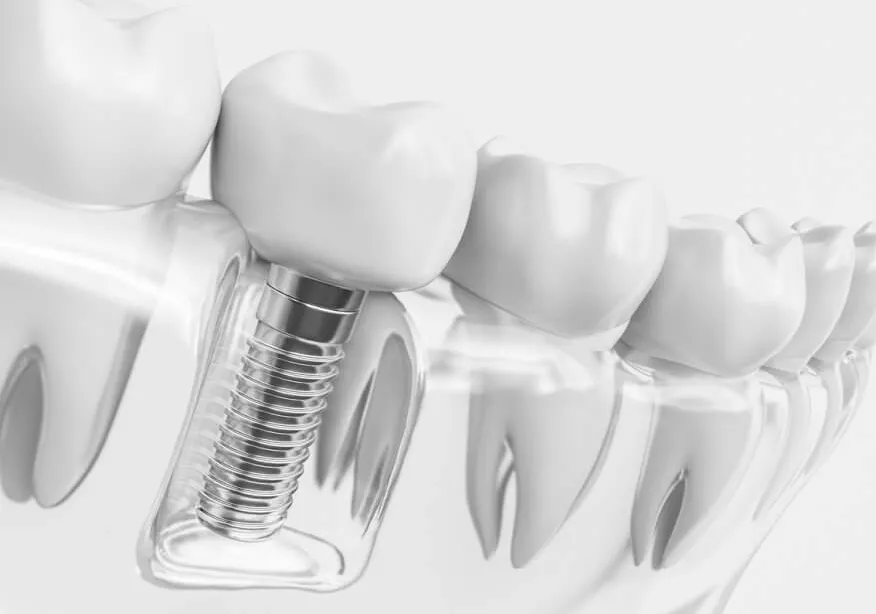High Blood Pressure and Dental Implants: What You Need to Know Before the Procedure?

High blood pressure is a common issue. In many cases, people are aware of this problem and receive appropriate treatment.
The first thing to remember for patients with high blood pressure is to inform the dentist about any overall health issues. This should be done even if the person is taking medication to improve their condition. The dentist will assess your overall health and may request additional information from your family doctor or cardiologist.
Some medications, such as anticoagulants or blood thinners, may increase the risk of bleeding during and after implantation. In some cases, it may be necessary to temporarily stop taking blood thinners. This decision will be made by the dentist in consultation with your family doctor. Therefore, it is essential to discuss all medications with your dentist during the consultation.
Dental procedures, especially those involving surgery like dental implantation, may cause stress, which can further elevate blood pressure. Ensure that your blood pressure is well controlled with medication before the implantation procedure. Take the prescribed blood pressure-lowering medications according to instructions, especially on the day of the procedure.

Anxiety related to dental procedures can increase blood pressure. Discuss this with your dentist, as anxiety medications may be helpful in some cases.
Avoid caffeine, smoking, or other substances that can raise blood pressure on the day of the procedure.
News

Root Canal Treatment and Alcohol
Read more
Tooth Pain After Root Canal Treatment
Read more
Care for Implants: Recommendations and Tips
Read more
Is Dental Implantation Painful? Dr. Regina Kuningas-Ott
Read more
Which Dental Implants are Best: Dr. Regina Kuningas-Ott Explains
Read more